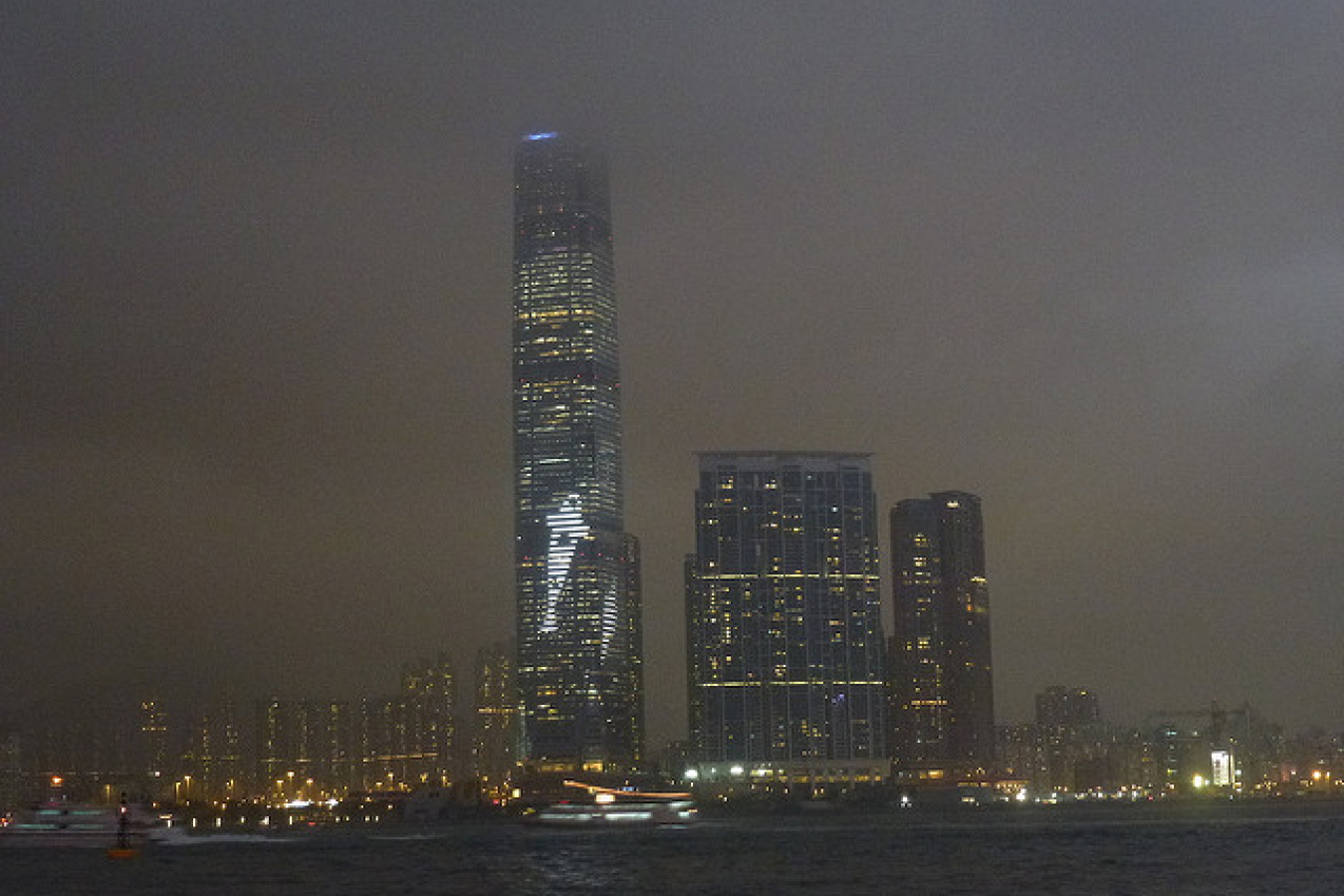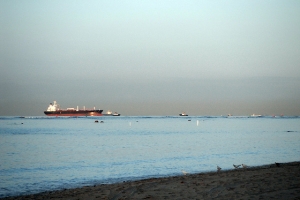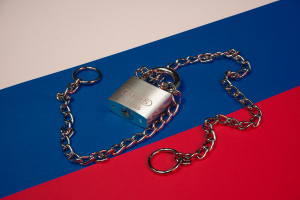Support migrant centric journalism today and donate

 • Watch This Video
• Watch This VideoIt has long been known that London is a magnet for Russian dissidents and billionaires. For that matter, London and the United Kingdom have been the destination of the elite and the wealthy for centuries.
London is 31% foreign born, profiting from successive waves of the ultrarich - American bankers, Arab sheiks, Hong Kong Chinese. In recent times there was a large influx from Arabic states in the 1970's, Japanese in the 1980's. Periodically, Americans have come and gone, with a recent spike as the current strength of the European economy draws them.
Londongrad
However, current estimates show that approximately 300,000 Russians currently call London their home, with a very noticeable surge of approximately 100,000 in the past two years.
For those who have noticed, the nicknames "Londongrad" and "Moscow-on-the-Thames" are both well known. They represent several hundreds of millions of dollars in cash that have been injected into the British economy in that time frame. Between 1998 and 2004, $102 billion in capital is estimated to have left Russia, according to Hermitage Capital.
An entire sub-culture has arisen - several, in fact - with specialty stores and restaurants becoming more noticeable. There are several Russian-language weeklies, and small sub-communities are forming.
London supports four Russian-language newspapers and a glossy Russian-language magazine that advertises top jewelry, kitchens in "walnut, white and platinum," and runs articles comparing the virtues of cars with price tags beginning at $200,000.
While the wealthy and the more flamboyant have gained some attention, they represent a small overall percentage. Given that recent estimates conclude nearly 600,000 East European migrants and immigrants have come to the United Kingdom in the past two years, it is more than significant to note that upwards of 15% are Russian nationals.
Mostly they come seeking opportunity and freedom. While some have come to spend their wealth, others have come to make their wealth in much more modest amounts. Highly educated professionals with low prospects for appropriate income to their skills back home are finding jobs.
A vast Russian speaking community from East Europe is finding opportunity to support those living at the upper end of the economy. Lithuanian, Polish and Czech laborers, maids and nannies are finding employment far above their normal pay scales back home.
For those who have a lot ...
Some buy homes in London for their families; the wealthier can even commute to work in Russia each week if they wish, since Moscow is just a three-and-a-half-hour flight away.
"Germany is good for savers; London is for spenders," said Andrei Nekrasov, 48, a Russian filmmaker who lived for many years in London and now lives in Berlin. Russian business executives are drawn, in part, he said, by the "flexibility of anything to do with banks" in London.
"A lot of them are upper middle class in Western terms," he said. "They can afford a $2 million apartment in cash. That's the middle class by Russian standards - and a Russian would come and bring the money in a plastic bag."
Russians snapped up almost a quarter of the London homes sold for more than $15 million in roughly the past year, said Liam Bailey, a real estate broker. Some estimates put the level of buying of fancy homes even higher. According to Gulnara Long, a property adviser, Russians buy about 60% of homes selling for $20 million or more.
While many of these wealthiest Russians have also bought homes in France, New York or Israel, London has clearly emerged as a destination of choice.
The influx has "changed property prices, it's changed restaurant bookings - you hear a different language being spoken in restaurants now," said Geordie Greig, the editor of Tatler society magazine.
London has no shortage of Russian heavyweights. Roman Abramovich, Britain's second richest person, made his killing in oil, bought the powerhouse Chelsea Football Club in 2003.
Compared with the rest of Europe, Britain is seen as a country free of red tape, where it's easy to start a business. It's thought to be safe and cultured and a great place to educate children.
Tax advantage
The Russian rich are very pleased with London's financial freedoms and tax codes. Those who spend significant time outside Britain can benefit enormously. Britain doesn't generally tax the income of resident foreigners unless they bring it into the country.
The UK offers unique tax advantages to people with assets offshore. Most countries require their residents, foreigners included, to pay taxes on worldwide income and capital gains.
However, residents in the UK can set up offshore accounts in such a way as to legally avoid these taxes, says Joel McDonald, a lawyer at the law firm Salans in London. Thus, a person may hold millions or billions in offshore stock, sell it and use the proceeds to buy a London mansion. All without paying taxes on the gain.
The UK government has considered closing the loophole, but decided against it. That would mean dampening the property market, as well as denting the pay of international lawyers and accountants. London is a very lucrative town to be a tax lawyer or tax advisor in.
For those who can afford it, the best hotels, jewelry shops and fashion houses are regular shopping stops, and very welcome, too. One of the more recent status symbols: Princess Diana's old London home for parties, at approximately $50,000 to rent the palace's royal banquet hall for a get-together.
Not including supplies for the actual party.
And, for more normal folks
Meanwhile, Russian dissidents and artists in exile praise London for its adherence to laws and its political freedoms. Moscow does not have a judicial system like Britain's, which offers vastly greater protection from unwelcome and corrupt inquisitors.
Akhmed Zakayev, whom the Kremlin calls a terrorist, is a former Shakespearean actor representing the ousted rebel government of Chechnya. He received asylum here three years ago, "thanks to the law of this country," he said in an interview.
Yekaterina Lebedeva, 37, a concert pianist who came here 12 years ago, agrees. "One thing that strikes me in London is that you feel there are opportunities and things you can achieve, a sense of artistic freedom," she said.
Clearly interest in the UK is rising among Russians. In 2000, 114,000 visas were granted to Russians; by 2003, the number had increased by 52%.
At the end of 2005, it was estimated that 250,000 Russians lived in the United Kingdom. Coming into December, there are now about 300,000.
Related:
• London poised to pass New York as world's leading city• New report agrees that immigrants are invaluable to the UK economy
• Immigrants boosted UK tax revenue by $35 billion, report
• Immigrants help the UK economy grow by 3 percent
• UK immigration statistics for past two years
• US dollar falls to 5-month low against euro





















